
 Instagram
Instagram
Gallbladder vs Liver Pain: How to Tell the Difference and When to Seek Help
.png?v=1675076411569)
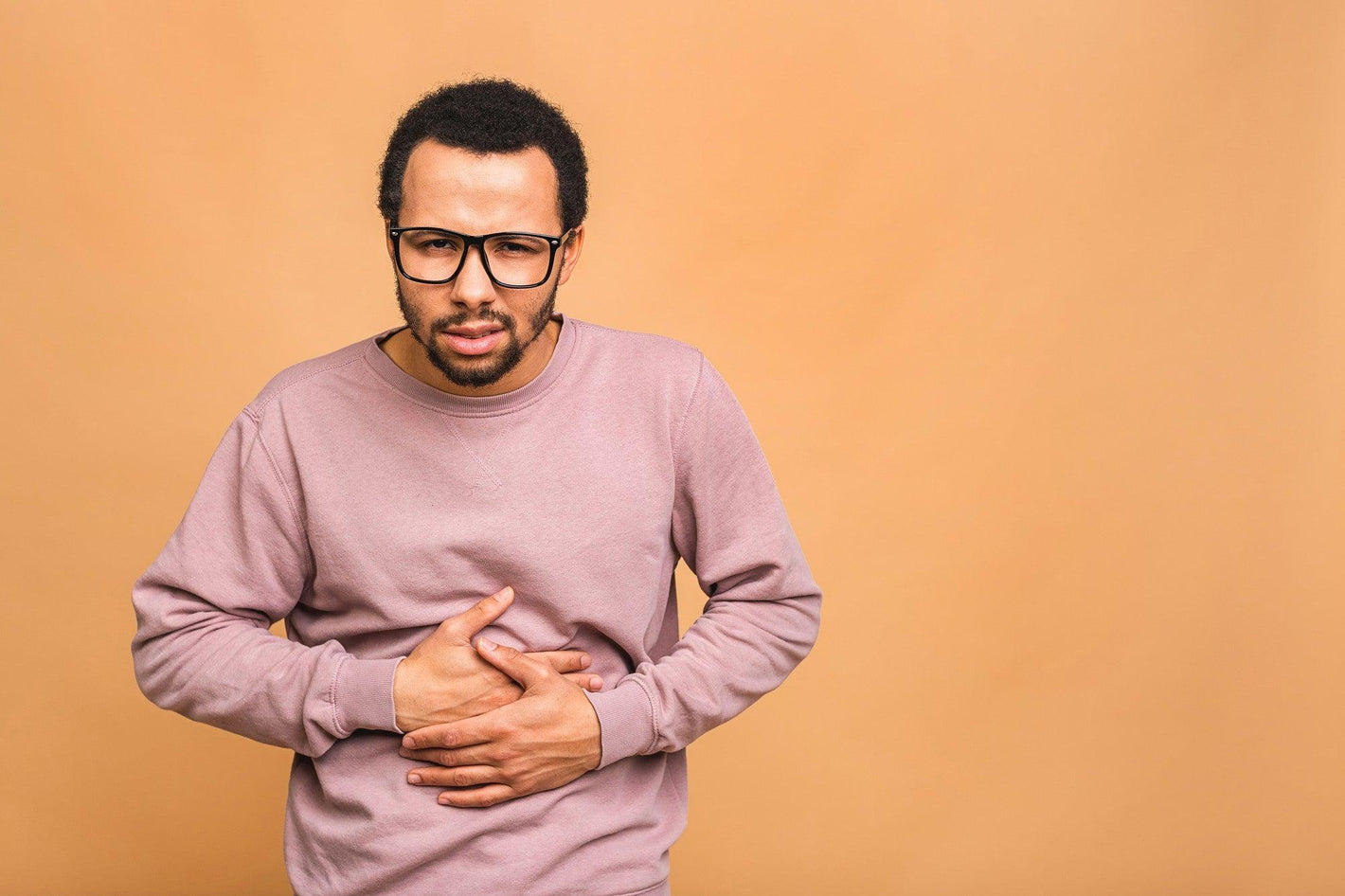
Related products

Although liver pain and gallbladder pain can sometimes be identical, several significant differences can distinguish the two. The liver and gallbladder are both important organs in the human body, and their pain can be difficult to distinguish. It is important to learn how to differentiate gallbladder and liver pain and to notice when the symptoms develop to explain the pain to a healthcare provider.
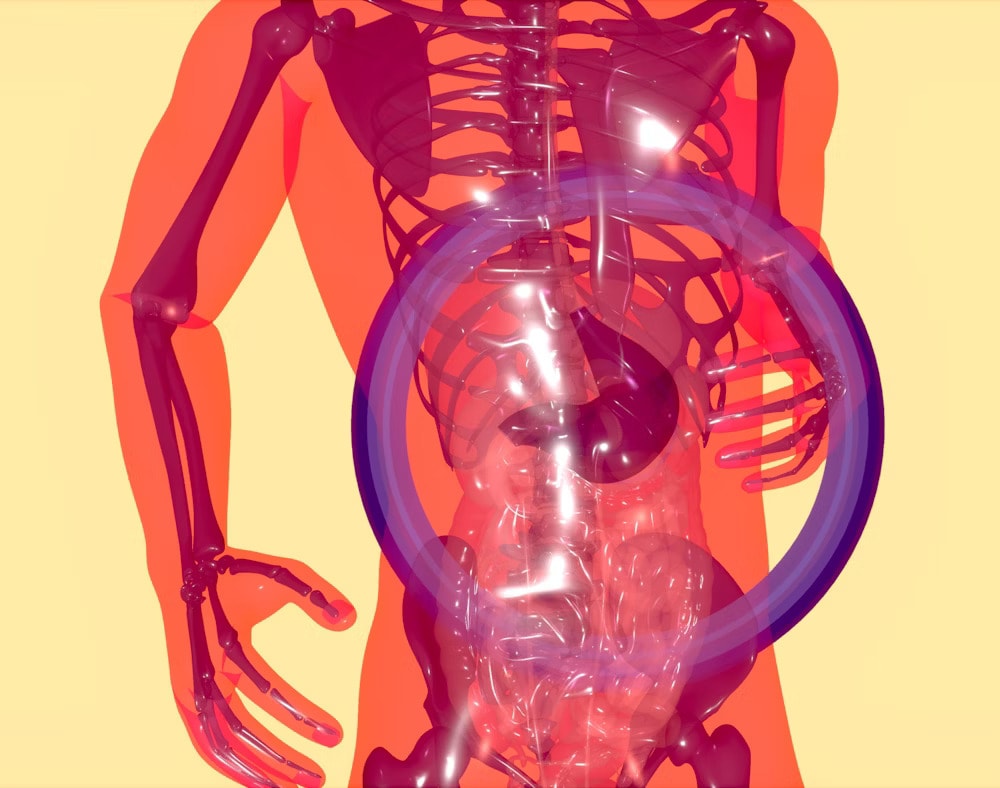
Pain in your abdominal area or in other organs can be difficult to diagnose and to explain, as symptoms might be similar. Additionally, some medical diseases, like pancreatitis, can produce discomfort that may resemble liver or gallbladder pain.
In such cases, seeking professional advice and diagnostic support is vital, and sometimes supportive supplements like the Liver & Gallbladder Formula by Christopher’s Original Formulas may assist in maintaining a healthier liver and gallbladder function when used alongside professional care.
How to differentiate between gallbladder and liver pain?
Although liver and gallbladder discomfort can be similar, there are several significant distinctions. Pain from the gallbladder is frequently reported inside the upper right or centre abdomen, often felt on the right side of the abdomen, specifically in the right upper quadrant, and nausea and vomiting may also be present. The chest or back may also experience radiating discomfort.
Contrarily, liver discomfort is usually felt in the right upper quadrant of the abdomen, on the right side, just below the ribs. If you have abdominal pain, it’s crucial to see a doctor so they can correctly diagnose and treat your illness. Sometimes, chronic indigestion and reflux conditions can mimic or compound gallbladder issues. In such cases, over-the-counter options like Gaviscon Liquid Peppermint can provide short-term relief, but should never replace a clinical evaluation.
Both liver and gallbladder pain are typically located in the upper quadrant of the abdomen, but their exact locations and associated symptoms can help differentiate them.
Gall Bladder pain & symptoms
Gallbladder pain is often misunderstood or misattributed to general stomach pain or indigestion, especially in its early stages. Because it originates in the right upper quadrant and may radiate to the back or shoulder, many people mistake it for muscular pain or even heartburn. Recognising the specific signs of gallbladder-related discomfort is essential for early diagnosis and appropriate treatment, particularly in those at higher risk, such as women over 40, individuals with a high-fat diet, or people with a family history of gallstones.
Gallbladder pain may occur anywhere. Since your gallbladder is in the upper right abdomen, you will typically experience pain there. Additionally, chest pain and pain in the upper mid-abdominal part are possible.
Referred pain of the gallbladder:
Gallbladder discomfort may be referred pain. Severe pain occurs when discomfort in one portion of your system is the root cause of pain in another area.
What are the symptoms of gallbladder pain?

Your right shoulder and back may experience severe pain from your gallbladder. The pain from your gallbladder is unlike any other abdominal ache you have ever experienced. A sudden, severe discomfort in the upper right abdomen is possible, and the sensation is often described as a stabbing pain. The discomfort is significant and ongoing.
-
Nausea and Vomiting: If gallstones are the source of the pain, these symptoms may also be present.
-
Bloating & Gas: Along with the discomfort and nausea, there may also be bloating and gas.
-
Indigestion: The discomfort could get greater after eating, particularly after a meal that is high in fat.
-
Jaundice: When the gallbladder is inflamed or a gallstone is blocking the bile ducts, it can cause jaundice, which manifests as the yellowing of both the skin and eyes.
-
Fever: If the gallbladder is infected, fever may develop.
Not everyone who experiences gallbladder disease will exhibit each of these symptoms, and some people may also experience other symptoms. Additionally, each person's level of symptom severity is different. For an appropriate diagnosis and course of treatment, you should speak with your doctor if you have any questions about your symptoms.
Digestive health plays a key role in managing gallbladder pain. Many individuals benefit from digestive enzyme support, such as Digestive Enzymes (formerly GutZyme) by Smidge, which can aid in the breakdown of food, reduce bloating, and ease gastric discomfort after meals.
What causes gallbladder pain?
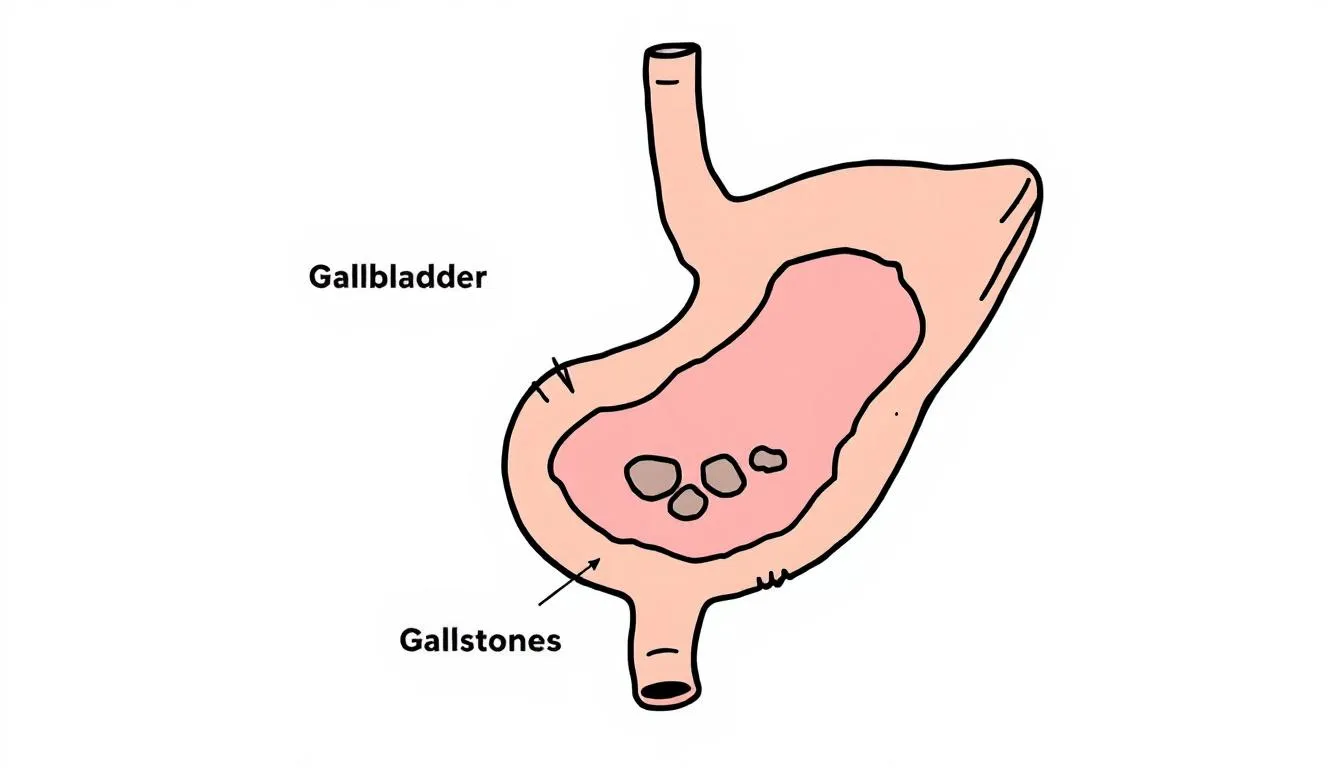
Gallstones are the primary cause of gallbladder pain. These stone-like deposits form when substances such as cholesterol and bilirubin harden in the bile, such as cholesterol, calcium salts, or bilirubin, and solidify within the gallbladder and obstruct bile flow. The gallbladder is a small, pear-shaped organ that stores bile and releases it into the digestive system to help break down fatty foods. When a gallstone blocks the bile ducts or the cystic duct, it can trigger sudden, sharp pain known as biliary colic. Gallbladder inflammation (cholecystitis) often follows this blockage, increasing the risk of infection and further complications. According to UK data, over 10% of adults are affected by gallstones, and women, particularly those who are overweight or over the age of 40, are more likely to develop them.
Gallbladder stones
Additionally, your common bile duct, which is the major bile duct, is where gallstones can move from your gallbladder. Black pigment stones or brown pigment stones form in the gallbladder and give a common symptom of sharp pain. Less frequent and more dangerous than gallbladder stones are common bile duct stones. Your typical bile duct may become blocked if a stone leaves your gallbladder.
While some people only have one gallstone, others may experience multiple gallstones at once. Those who have gallstone symptoms typically need gallbladder removal surgery.
Read more: Can gallstones make you tired and dizzy?
Inflammation of the gallbladder (cholecystitis)
Cholecystitis, or gallbladder inflammation, can be brought on by gallstones. This might happen if a gallstone prevents your gut health from releasing bile.
Bile duct polyps
The interior of your gallbladder contains enlarged lymph nodes of tissue called gallbladder polyps. Although these polyps are often benign, they may indicate another gallbladder problem. They might result in problems, including inflammation. The risk of cancer from gallbladder polyps is around 5%.
Gallbladder cancer
A rare type of cancer called gallbladder cancer develops when cancer (malignant) cells proliferate in the gallbladder.
Gallbladder pain relief
A warm bath or using a heating pad might assist in relaxing the muscles and lessening severe pain. Some people use a magnesium supplement to assist with emptying their gallbladder. Others recommend sipping peppermint tea to ease the pain. However, there isn't anything else you could do at home to ease gallbladder-related discomfort. You'll likely need medication or surgery if the pain worsens. Gallbladder surgery is carried out to treat various gallbladder disorders, especially gallstone disease. For milder gastric discomfort, using products like Mucogel Suspension may offer relief from excess acid or bile irritation.
Liver Pain: Causes, Symptoms, and When to Seek Help
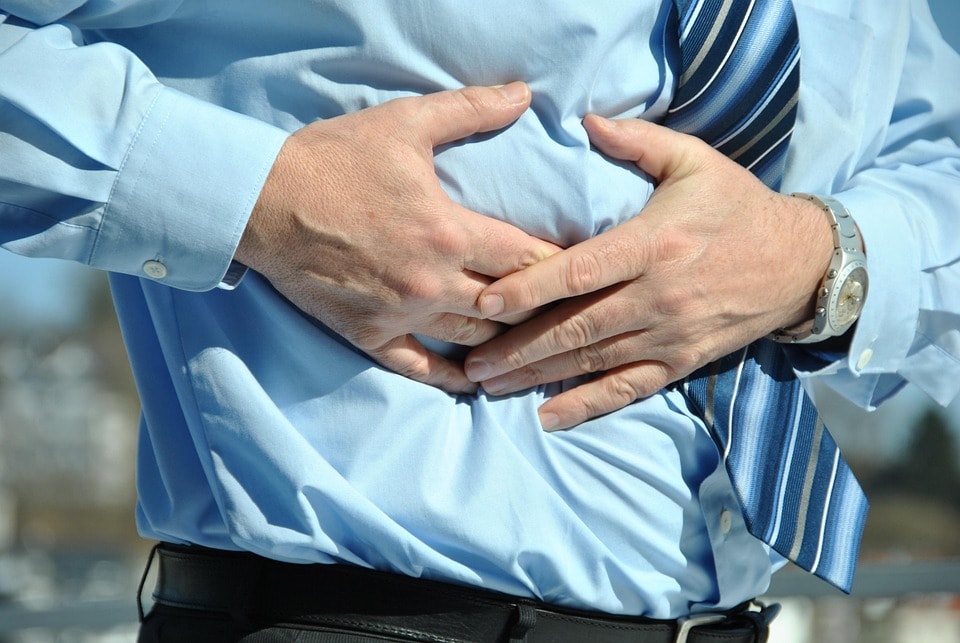
Liver discomfort can range from dull and amorphous to intense. Sometimes, pain in the liver is mistaken for discomfort in the right shoulder, the abdomen, or the kidney. The liver is a wedge-shaped vital organ located on the right side of the body, playing a vital role in the body's overall systems. It is also responsible for processing various substances absorbed from the digestive tract, including nutrients, drugs, and toxins, which makes it particularly vulnerable to overload or injury.
Liver pain can be brought on by a variety of organ disorders, including liver diseases. Chronic liver disease can damage liver cells gradually, leading to significant health problems. These issues interfere with detoxification and may result in fluid retention, belly pain, and fatigue. Some of these may harm the liver, as the liver can eventually stop working if not treated properly or within the best timeframe.
It is essential to be conscious of liver pain and other signs that could indicate a liver illness because indications of liver disease frequently do not manifest till the condition is advanced. One of the liver's main functions is removing toxins from the blood to maintain overall health.
For individuals experiencing persistent liver-related symptoms, exploring mineral-rich silica-based support like Silicogel may help soothe the gastrointestinal tract, although any supplement use should always complement, not replace, medical treatment.
Liver Pain Symptoms
Patients who encounter one of the following symptoms ought to get prompt medical attention:
-
Swelling in the legs, ankles, or belly
-
Rough skin
-
Persistent tiredness
-
Reduced appetite
-
Intense discomfort, particularly in the abdomen; fever; dark urine; and pale, bloody, or tarry stools.
-
Yellowish skin, rapid weight loss, and nausea
-
Touching the abdomen causes excruciating agony
What causes liver pain?
Liver pain can stem from multiple conditions, including infections, inflammation, and structural complications within the liver and surrounding biliary system. One of the more serious outcomes of chronic liver disease is liver failure, which can develop gradually or occur suddenly due to conditions like hepatitis or blocked bile flow. It’s also important to consider issues in nearby structures such as the pancreatic duct, which, when obstructed, can lead to pain that overlaps with liver or gallbladder symptoms. The accumulation of harmful substances, such as excess fats, alcohol, or metabolic by-products, can lead to inflammation and damage within the liver tissue.
Cholangitis
This drainage system experiences pressure build-up due to cholangitis. It typically means that there exists a clog or impediment in the system. Bile from the bile duct can back up into the liver and harm liver cells when the bile ducts become compromised. Blood vessels within the liver's lobes also play a crucial role in transporting blood for filtration and detoxification, and their function can be affected when the bile ducts are blocked.
Stones, a tumour, blood clots, or bacterial backflow could all increase risk factors.
Hepatitis
Hepatitis refers to liver inflammation. Chronic hepatitis, which is brought on by hepatitis B, C, and D, can eventually result in cirrhosis, liver disease, and liver cancer.
Liver infection
A hepatic abscess is a compartment of pus-filled infectious fluid that develops within the liver. The abscess may develop as a result of infection with specific germs, including bacteria, parasites, or fungi.
An abscess may cause harm to adjacent tissue, bleeding, secondary infections, or even death.
Risk Factors for Gallbladder and Liver Pain
Understanding the risk factors for gallbladder and liver pain is essential for maintaining a healthy liver and overall well-being. The human liver, as the largest internal organ, works closely with the biliary system—including the bile ducts and common bile duct—to filter waste products and toxins from the blood, produce bile, and support the digestive system. When any part of this complex system is disrupted, pain and other symptoms can occur.
Several factors can increase your risk of developing liver disease or gallbladder problems. Issues within the bile ducts or the biliary tree, such as blockages or inflammation, can lead to severe pain in the upper right abdomen. The immune system also plays a role; immune system attacks on liver cells, as seen in autoimmune hepatitis or other autoimmune diseases, can cause significant liver damage and increase the risk of liver failure. Additionally, cancers such as liver cancer and gallbladder cancer can develop in the biliary tract, leading to abdominal pain and other serious symptoms.
Lifestyle choices have a major impact on liver health. Maintaining a healthy weight and limiting how much you drink alcohol is crucial, as being overweight or obese puts extra strain on the liver and increases the risk of liver diseases, gallstones, and complications after gallbladder removal. Especially women with a history of gallstones or those who are overweight face an increased risk of developing gallbladder and liver pain.
People who share needles, especially those with hepatitis infections, face a greater risk of serious liver problems. These infections harm blood quality and damage the liver’s ability to repair its own cells.
Other risk factors include chronic infection with the hepatitis virus, excessive alcohol consumption, and behaviours such as sharing needles, all of which can lead to liver problems and increase the risk of liver cancer. Family history of liver disease or gallstones can also make you more susceptible to these conditions.
The liver produces bile, which flows through the bile ducts into the small intestine to help digest fats. The gallbladder, a pear-shaped organ, stores this bile and releases it into the duodenum when needed. Disruptions in this process—such as gallstones blocking the bile duct or complications after gallbladder removal—can lead to pain and digestive issues.
To support a healthy liver and reduce your risk, focus on a balanced diet rich in high fiber foods and whole grains, limit your intake of toxins and alcohol, and maintain a healthy weight. If you experience symptoms such as persistent abdominal pain, dark urine, jaundice, or other signs of liver damage, it’s important to consult a healthcare provider promptly. Regular check-ups with a healthcare professional can help detect liver or gallbladder issues early, allowing for timely intervention and better long-term health.
Diagnosis & Treatment:
Finding the underlying issue that is causing the liver pain is crucial. A medical professional will conduct a physical check-up and review the patient's medical background.
Read more: What foods are good for liver repair?
Testing alternatives could include:
Liver function tests via liver blood tests determine particular liver issues or hereditary diseases, or determine liver function.
The liver stores important nutrients such as glycogen and vitamins, which are essential for energy regulation and overall health. It also produces clotting factors, which help control bleeding and maintain blood health.
Hepatic damage can be detected via imaging tests, including CT scans, MRIs, and ultrasounds. Another option is liver tissue analysis, which entails removing a sample of liver tissue for testing. The liver also breaks down old red blood cells, recycling iron and other components to support bodily functions.
Adopting some lifestyle adjustments, such as giving up alcohol, losing weight, or adhering to a healthy diet, such as avoiding fatty foods & excess cholesterol, would help liver pain to go away. Other issues can call for treatment with drugs or surgery. If the liver is failing, a transplant may be required.
Supportive medication or supplements may aid in overall comfort and healing. However, for symptoms like inflammation or associated muscular aches, browsing the Pain Relief Collection on Welzo might help you find additional over-the-counter solutions. For targeted concerns, you can also explore categories like Back Pain and Paracetamol for effective relief options.
Bottom Line:
It might be difficult to distinguish between liver pain and gallbladder pain because the two conditions can have similar symptoms and overlap. Usually, the pain in the upper right or middle quadrant of the abdomen will indicate gallbladder pain. The upper right quadrant of the abdomen is often where liver pain is felt, on the other hand. The liver is divided into a larger right lobe and a smaller left lobe. Although the liver is usually located on the right side of the body, in rare anatomical variations such as situs inversus, it can be found on the left side. It is important to recognise that liver failure, biliary obstruction, or issues involving the pancreatic duct can all present with overlapping symptoms that mimic gallbladder or liver pain. In advanced liver disease, complications can lead to liver failure, affecting multiple organs and creating persistent belly pain or abdominal discomfort.
Frequently Asked Questions
1. Can gallbladder pain be mistaken for liver pain?
Yes, gallbladder and liver pain can feel similar since both are located in the upper right abdomen. However, gallbladder pain often radiates to the back or shoulder and is linked to fatty meals, while liver pain may feel deeper and duller.
2. What are the warning signs of liver failure?
Symptoms of liver failure include jaundice, confusion, swelling in the abdomen or legs, dark urine, and persistent fatigue. If these symptoms arise, urgent medical attention is required.
3. What foods should be avoided with gallbladder or liver issues?
Avoid high-fat, fried, and processed foods. These can trigger gallbladder attacks and worsen liver inflammation. Opt instead for whole grains, fibre-rich vegetables, and lean proteins.
4. Can I live without a gallbladder?
Yes. Gallbladder removal is a common procedure, and the body can still digest fats, though some people may experience changes in digestion. Lifestyle adjustments and supplements may help support bile flow post-surgery.
5. How can I naturally support my liver and gallbladder health?
Maintaining a balanced diet, avoiding excessive alcohol, staying hydrated, and using supplements like milk thistle, digestive enzymes, and choline can support overall liver and gallbladder function.





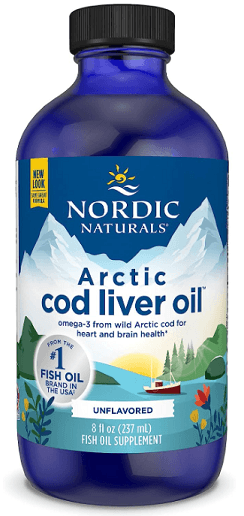
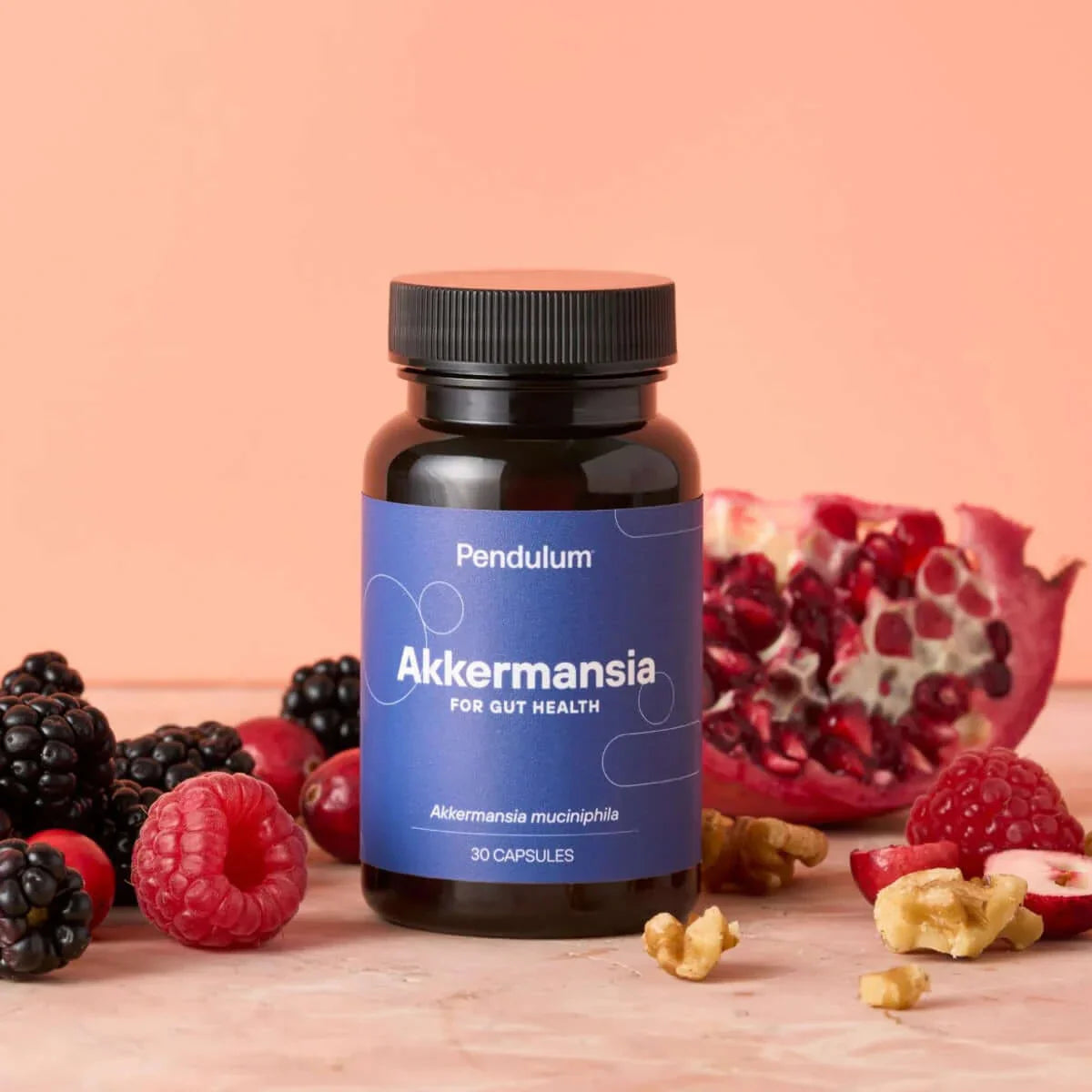
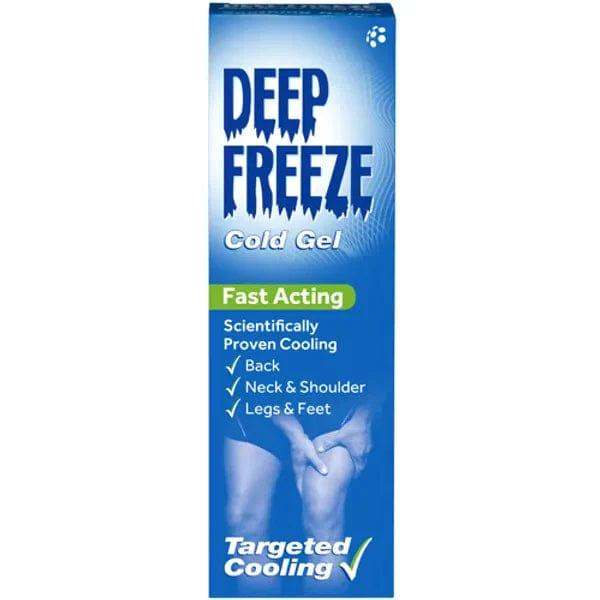




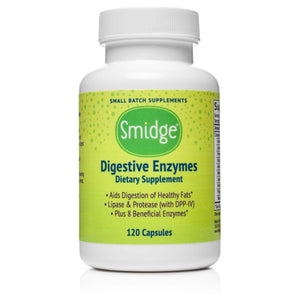





 Rated Excellent by 26,523+ Reviews
Rated Excellent by 26,523+ Reviews